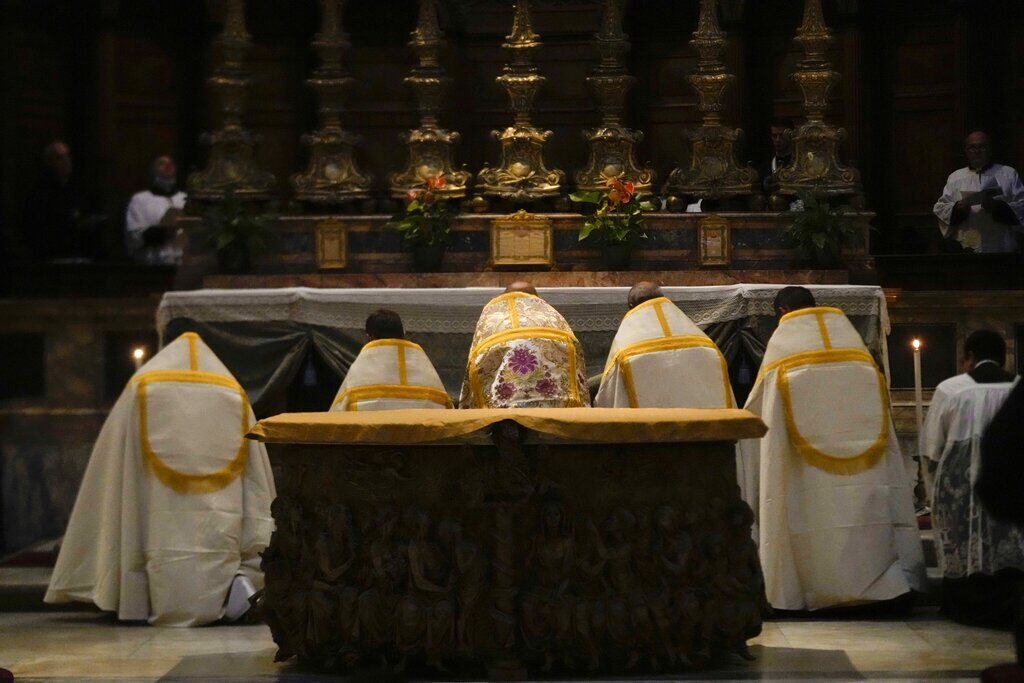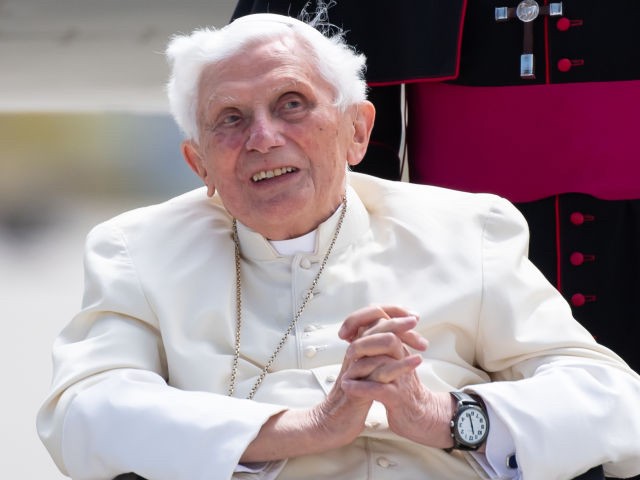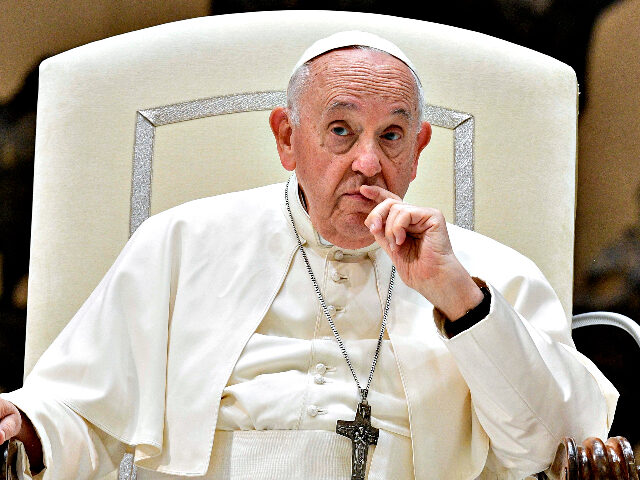ROME — Pope Francis has denounced “arguing” about liturgical details as contrary to the Christian faith not long after drastically restricting the celebration of the Traditional Latin Mass.
“Showing a grave lack of respect for the Blessed Sacrament – the Sacrament of charity and unity – by arguing about the details of how to celebrate the Eucharist, the pinnacle of his presence among us, is incompatible with the Christian faith,” the pontiff told members of the Syro-Malabar Church, an Eastern Catholic Church based in Kerala, India.
In his address, the pope underscored the importance of holding onto liturgical traditions in the face of a rapidly changing world, advice that may seem ironic and perhaps a little cruel to those who love the Traditional Latin Mass.
“Your history is unique and precious, and it is a special heritage for all God’s holy people,” he told his hearers. “And I take this opportunity to stress that Eastern traditions are indispensable treasures in the life of the Church.”
“This is especially important to recall in a time like ours, which severs the roots connecting us to the past and measures everything based on what is useful and immediate,” he added.
The pope’s love for diversity and inclusion in all things appears to come to an abrupt halt when faced with the traditional liturgy, and, in 2021, he issued his apostolic letter, ironically titled Traditionis Custodes (“Guardians of Tradition”), in which he banned the celebration of the Traditional Latin Mass in Catholic parishes and eliminated existing accommodations to priests who wish to use the extraordinary form of the Catholic liturgy.
The letter reversed measures relaxing restrictions on the use of the traditional form by Pope Benedict XVI, who, in 2007, noted that many of the faithful continued to be attached with “love and affection to the earlier liturgical forms which had deeply shaped their culture and spirit.”

A celebrating priest leads traditional Latin vespers at Rome’s ancient Pantheon basilica in Rome, Italy, on October 29, 2021. (AP Photo/Luca Bruno, file)
Pope Francis, on the other hand, seems to detest the traditional Mass with particular vehemence, and, on several occasions, he has referred to those who prefer the traditional liturgical form as “retrograde.”
Pope Benedict noted that Pope John Paul II had sought greater liturgical inclusiveness by granting the faculty of using the older form and “exhorted bishops to make broad and generous use of this faculty on behalf of all the faithful who sought it.”
Benedict declared that the Roman Missal promulgated by Pope Paul VI “is the ordinary expression of the lex orandi (rule of prayer) of the Catholic Church of the Latin rite” whereas the older Roman Missal promulgated by Saint Pope Pius V “is nonetheless to be considered an extraordinary expression of the same lex orandi of the Church and duly honored for its venerable and ancient usage.”

Pope Benedict XVI (SVEN HOPPE/POOL/AFP via Getty Images)
Francis, on the other hand, asserted that the 1970 Roman Missal is not the “ordinary expression” but rather “the unique expression of the lex orandi of the Roman Rite” (emphasis added). The new, exclusive ruling seems to eliminate the older form of the Mass as a legitimate expression of the lex orandi of the Church despite its venerable tradition.
The Vatican’s own website, however, states that “the Latin language still holds primacy of place as that language which, based on principle, the Church prefers, even though she recognizes that the vernacular can be useful for the faithful.”
The Vatican goes on to say that “Latin should be safeguarded as a precious inheritance of the Western liturgical tradition.”
The Code of Canon Law, which governs Church activity and liturgy, similarly stipulates: “The eucharistic celebration is to be carried out in the Latin language or in another language provided that the liturgical texts have been lawfully approved.”
Saint John Paul II urged the continued use of Latin in the Church to maintain ties with its own history and traditions.
“The Roman Church has special obligations towards Latin, the splendid language of ancient Rome,” he wrote, adding that “she must manifest them whenever the occasion presents itself.”
Pope Francis has justified the reversal of the more inclusive approach of his predecessors by insisting that their pastoral kindness “was exploited to widen the gaps, reinforce the divergences, and encourage disagreements that injure the Church, block her path, and expose her to the peril of division.”
In his 2007 lifting of restrictions on the use of the older rite, Pope Benedict XVI wrote that his efforts had been “opposed on account of two fears,” one of which was “the fear that the document detracts from the authority of the Second Vatican Council, one of whose essential decisions – the liturgical reform – is being called into question.”
“This fear is unfounded,” Benedict replied.
The second fear, he wrote, was that “the possibility of a wider use of the 1962 Missal would lead to disarray or even divisions within parish communities.”
“This fear also strikes me as quite unfounded,” he stated, noting that “the two Forms of the usage of the Roman Rite can be mutually enriching.”
At that point, Pope Benedict went on to declare pointedly:
What earlier generations held as sacred, remains sacred and great for us too, and it cannot be all of a sudden entirely forbidden or even considered harmful. It behooves all of us to preserve the riches which have developed in the Church’s faith and prayer, and to give them their proper place.
“The total exclusion of the new rite would not in fact be consistent with the recognition of its value and holiness,” he stated.

COMMENTS
Please let us know if you're having issues with commenting.